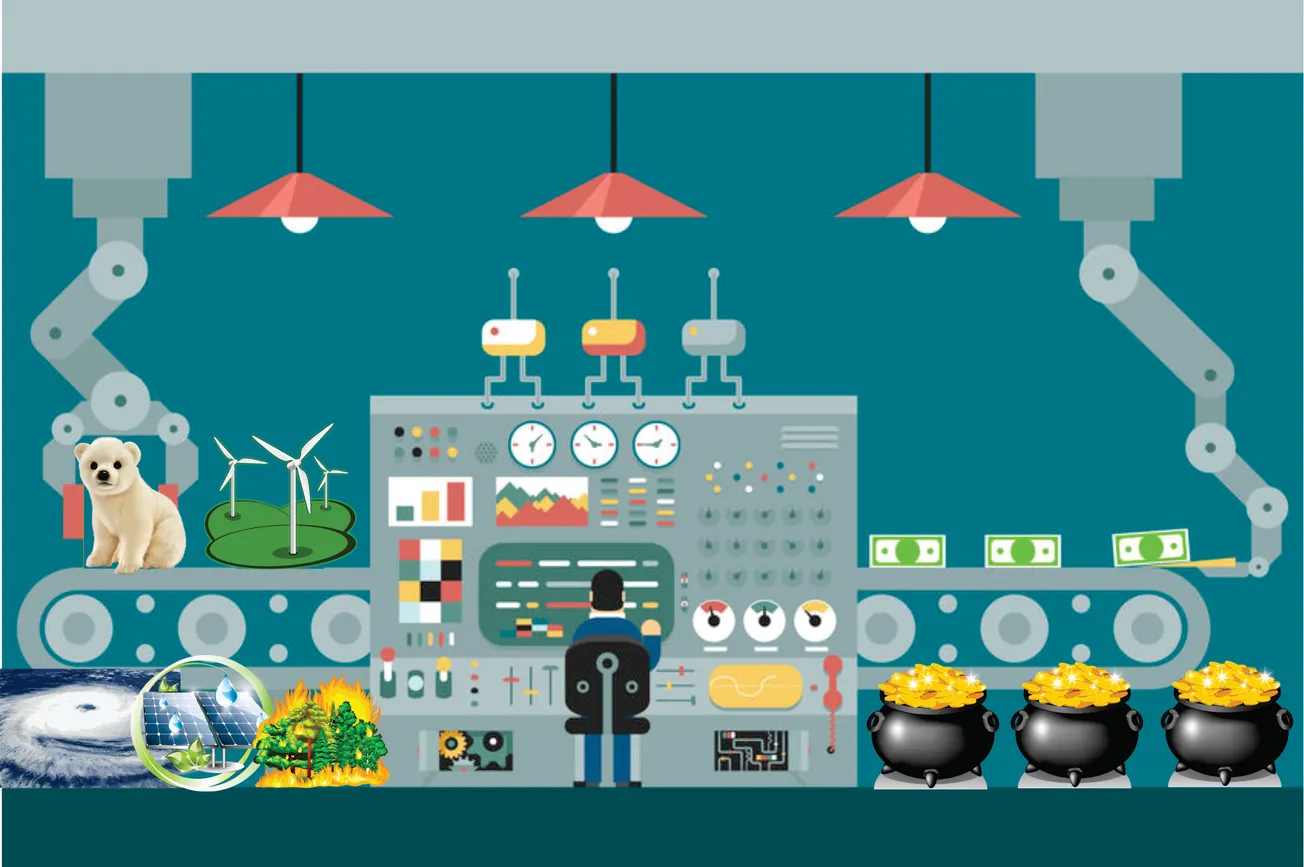Table of Contents
The European EV experience of choosing renewable energy over fossil fuels has, so far, proved economically unsustainable. The Dog and Lemon Guide says that hybrids are “nice in theory, shame about the reality”.
“Many of the sales of hybrids in America are to people who simply want to be able to use car pool lanes on the motorway, and/or because the hybrid’s heavy extra cost was subsidised by the US government.
We’d love to say that hybrids offer a significant improvement over the conventional car, but we can’t because it’s simply not true.”
Dog and Lemon
Until technology catches up with clean green ideology, European governments are also subsidizing EV purchases to demonstrate that their countries are walking the talk.
“Europe’s car makers, spooked by the imminent mortal threat to profits from European Union (EU) regulations to curb carbon dioxide (CO2) emissions, called for governments to raise subsidies on electric car purchases to stimulate sales.
The European Auto Manufacturers Association, known by its French acronym ACEA, pointed out that sales of battery only electric cars and plug-in hybrids vary widely across the EU, from a market share of 2% in Germany last year, the continent’s biggest car and SUV market, to Poland’s just 0.2%. Britain notched up electrically charged vehicle market share of 2.5%, and France 2.1%.”
Forbes
Good old Poland, a standout in a continent cluttered with self-destructing nations of do-gooders can be described as “capitalism with a socialist face” has rejected EVs. Poland is a very good example of how to swim against the tide and do it well. They provide better inspiration for us than the UN ideals our current government is peddling. The Poles never bought into EVs because, financially, EVs don’t stack up.
At the other end of the scale is a country that swallowed whole the CO2 myth and invested heavily in EVs, Norway.
“Socialist oil and gas producer Norway, outside of the EU, has an electric vehicle market share this year of about 50%.
It uses tax incentives to boost electric sales and big tax penalties to curb the sale of internal combustion engine-powered vehicles. There are bus lane, city access and parking bonuses for electric car users.”
Forbes
The Norwegian government can pat itself on the back and ignore that Norwegians are simply paying lip service. They are not giving up their fossil-fuelled vehicles at all, they have a foot in each camp.
“Many Norwegians also suffer from “range anxiety”, clinging on to a gas-guzzling SUV large enough to carry their cross-country skis and other kit to the clean air of their mountain cabins.
Christina Bu, secretary general of the Norwegian Electric Vehicle Association, says 70% of its 60,000 members also own a fossil-fuel car and the transition to fully electric cannot happen overnight.”
The Guardian
Do we really want to spend our hard-earned taxpayer dollars following suit? No doubt, in time, technology will provide economically viable EVs, but we are not there yet, despite international pressure to conform.
Between an idealistic prime minister who wants to be seen leading the world in climate change (bugger the farmers) and a UN using the climate change myth to redistribute wealth, we are assaulted from without and within on EVs.
Overseas EV owners happily accept EV subsidies while hanging onto their fossil-fueled vehicles and ignoring the threat of ridiculous self-imposed financial penalties further down the track.
“Currently, battery-electric car purchasers in Britain get a $4,500 subsidy, in Germany $4,400 and France up to $8,500. In the U.S., car buyers get a $7,500 tax break, until the manufacturer’s electric car sales reach 200,000.
According to a report from investment researcher Jefferies in August, if the auto industry makes no progress curbing CO2 from 2018 towards meeting the EU’s 2020/21 regulations, it faces fines totalling the equivalent of $36 billion, twice its estimated profits, and be forced to raise prices up to 10%.
And according to ACEA, 2018 CO2 emissions actually rose 1.6%, as sales of diesel-powered vehicles slid, and demand for bigger gas-guzzling SUVs spiked.”
Forbes
Join the sensible movement quietly thumbing their noses at getting rid of petrol vehicles. If you’re in the market for a new car buy the biggest one you can possibly afford and drive around in style and comfort.
You won’t regret it, and you won’t be alone. Until the automotive industry offers financially viable EVs, check out the Dog and Lemon in Guide for the biggest, meanest beast you can possibly afford and enjoy!
https://thebfd.co.nz/2019/09/bdf-transcript-mike-hosking-on-why-evs-are-a-very-bad-idea/









